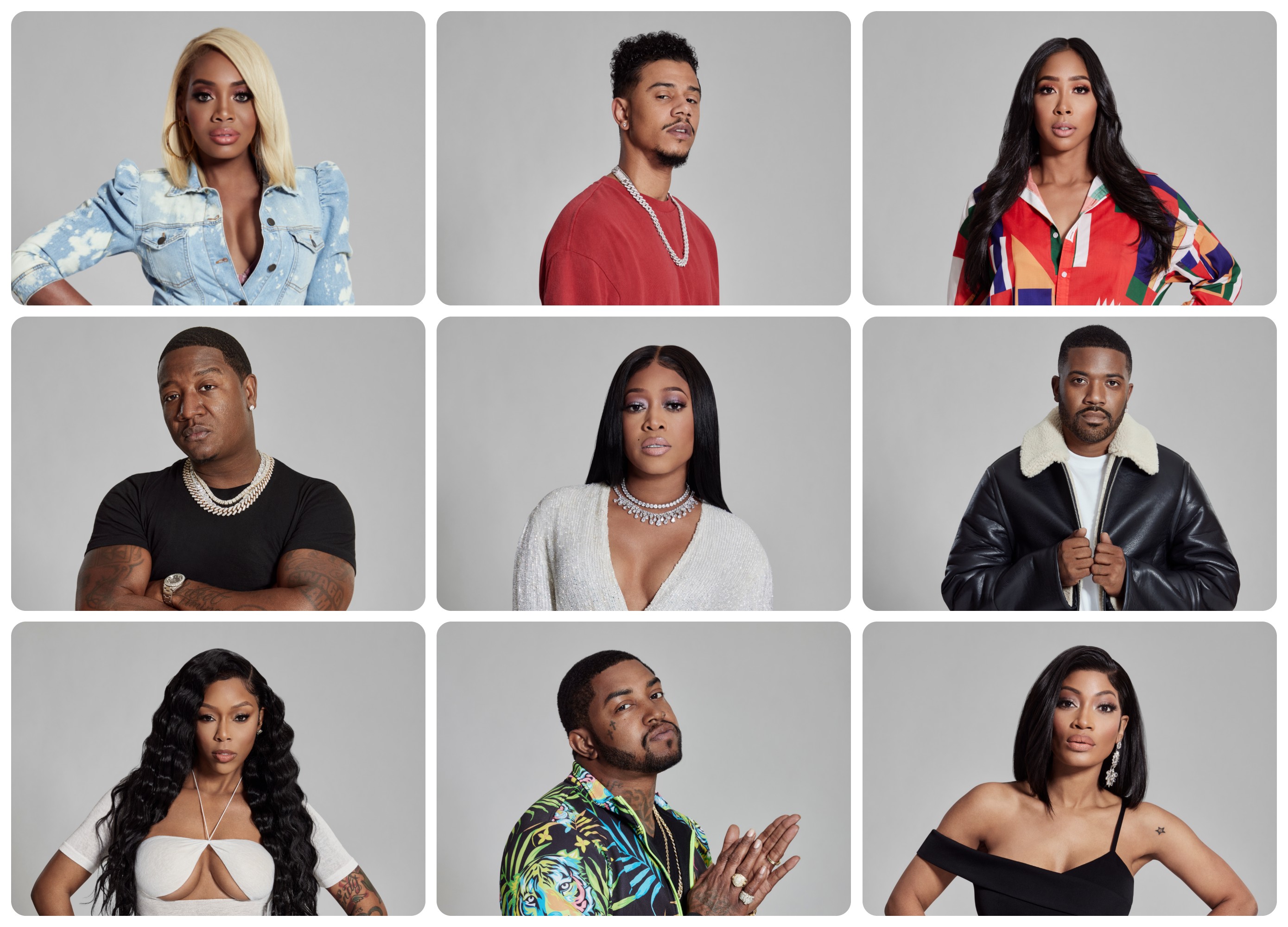
Source: Atiba Jefferson / Courtesy VH1
One of the reasons I personally stopped watching and reviewing Real Housewives of Atlanta for this site years ago was because it, like many reality shows, could be absolutely exhausting. That’s likely because there was only drama, and rarely genuine efforts to move forward in a positive way. When people would get over their issues, it was often temporary and in an effort to spite someone else. The good vibes and maturity would only last so long. How many seasons of that can a person watch, really?
That’s why I think I appreciated Family Reunion: Love and Hip Hop Edition so much. I didn’t go into the series, which premiered in February, with the highest of expectations. Bearing that in mind, I was pleasantly surprised to see people come into the home with their different issues and leave out of it in a good place. There was resolution, and that is something very hard to find when watching reality TV these days. It was, I realized, a thing that people needed during the time of COVID. Do we want to see drama? Of course! But do we want to see people come to the realization that life is short and that there are bigger things going on than their trivial feuds? Yes, please.
And there was plenty of drama in the series. Erica Dixon and Scrappy initially couldn’t seem to have a peaceful conversation to co-parent. Mendeecees Harris’s mother Judy felt like she was losing her son to his wife, Yandy Smith. Apryl Jones and Fizz were walking on thin ice with each other after going nearly a year without speaking following the end of their highly publicized relationship. Karlie Redd and Sierra Gates hadn’t really talked since the latter physically assaulted the former in the last season of LHHATL. But efforts were made by all, even if not always successful, to make peace. Perhaps it was the fact that the social climate, along with the the reality that these people weren’t going to be around each other for long, that encouraged everyone to lay their issues aside and enjoy each other’s company for a few weeks without the weight of the drama. Hell, even Scrappy couldn’t hold on to his anger for much longer. The substance was real, as people showed that they could display growth as opposed to ending everything ready to argue at reunions. They also proved they could tackle serious issues, including conversations about police violence towards Black men and women. That lingering reminder of real issues, real loss, put a lot into perspective for those on the show and those watching it.
And most importantly, Family Reunion was fun. Instead of shows that force these awkward group trips or stuff people hellbent on not getting along in the same house together, everybody got to host something or put an event together for others that was close to their heart. Karlie had her Jouvert celebration, Joc had his game night, there were water fights, Bible studies, block parties, and the series ended with a painfully funny talent show (that double-dutch jump pressure is real). For the first time in a while, I found myself laughing at reality TV (Momma Dee drunkingly flirting with Trick Daddy is the only thing you need to see this year), not feeling my blood pressure rise at the arguments, feeling second-hand embarrassment for others, or left ready to turn the channel to watch something else. I was even excited at the suggestion that the family reunion could become an annual thing.
All of it was just a nice change. We’ve all been entertained by mess on TV in the past, but in the midst of the pandemic, not only are a lot of the issues so petty, but also, many people don’t have an actual storyline to keep you watching. (Be honest! These shows have been dry.) Why not showcase some positivity and Black girl and boy joy for a change? We love, and loved, to see it.


